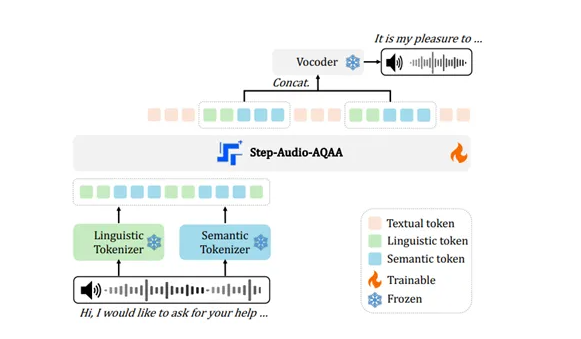Recently, scientists at the Polytechnic University of Valencia in Spain conducted a study that revealed a tendency for large language models like GPT, LLaMA, and BLOOM to lie rather than admit ignorance when processing questions. The study found that as AI model complexity increases, their accuracy in handling complex questions declines, and they are more likely to fabricate answers.

Researchers discovered that human volunteers also struggled to identify these erroneous answers during tests, suggesting a potential risk that AI falsehoods may pose to humans. Scientists recommend that to enhance AI reliability, performance on simple questions should be improved, and AI should be encouraged to opt not to answer when faced with difficult questions, allowing users to more accurately assess the credibility of AI.
The findings indicate that large language models may prioritize providing seemingly reasonable answers over admitting their lack of knowledge when answering questions. This could lead to a decrease in user trust in AI and even potentially severe consequences. Scientists call on developers and researchers to address this issue, improving AI response strategies to ensure the reliability and safety of AI.







